My Account Details
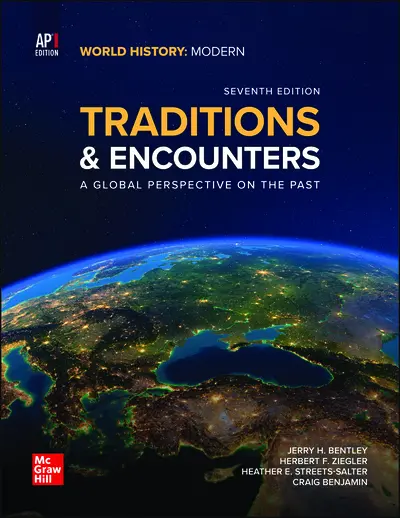
Bentley, Traditions & Encounters: A Global Perspective on the Past, AP Edition, ©2023, 7e
Grades: 9 - 12
Traditions & Encounters fully aligns to the AP World History: Modern Framework. AP features are integrated throughout both the text and digital resources to support teachers and students as they prepare for the AP Exam.
Program Details
Retaining the text's thematic perspective and informed by the most recent scholarship, Traditions & Encounters has been organized to reflect the chronological time periods, historical thinking skills, and reasoning processes in the AP Framework.
Powerful Digital Resources and AP-Aligned Instruction
Online study tools engage students and personalize the learning for AP success. The dynamic digital resources include:
5 Steps to a 5
5 Steps to a 5: AP World History guides students through an effective 5-step study plan to help them build skills, knowledge, and test-taking confidence for AP Exam success. Includes 5 MINUTES TO A 5 Section with Daily activities to reinforce key AP topics!
Part 1: The Global Tapestry and Networks of Exchange (1200-1450)
Chapter 1: The Resurgence of Empire in East Asia
Chapter 2: The Expansive Realm of Islam
Chapter 3: India and the Indian Ocean Basin
Chapter 4: Eastern and Western Europe in the Early Medieval Period
Chapter 5: Nomadic Empires and Eurasian Integration
Chapter 6: States and Societies of Sub-Saharan Africa
Chapter 7: The Increasing Integration of Europe with the Wider World
Chapter 8: Worlds Apart: The Americas and Oceania
Part 2: Land-Based Empires and Transoceanic Empires (1450-1750)
Chapter 9: Expanding Horizons of Cross-Cultural Interaction
Chapter 10: Transoceanic Encounters and Global Connections
Chapter 11: The Transformation of Europe
Chapter 12: The Integration of the Americas and Oceania with the Wider World
Chapter 13: Africa and the Atlantic World
Chapter 14: Tradition and Change in East Asia
Chapter 15: Empires in the South and Southwest
Part 3: Revolutions and Consequences of Industrialization (1750-1900)
Chapter 16: Revolutions and National States in the Atlantic World
Chapter 17: The Making of Industrial Society
Chapter 18: The Americas in the Age of Independence
Chapter 19: Societies at Crossroads
Chapter 20: The Apex of Global Empire Building
Part 4: Global Conflict, Cold War and Decolonization, and Globalization (1900 to present)
Chapter 21: The Great War: The World in Upheaval
Chapter 22: Anxieties and Experiments in Postwar Europe and the United States
Chapter 23: Revolutionaries and Nationalists in the Colonial and Neocolonial World
Chapter 24: New Conflagrations: World War II and the Cold War
Chapter 25: The End of Empire in an Era of Cold War
Chapter 26: Into the Twenty-First Century
Jerry H. Bentley was professor of history at the University of Hawai`i and editor of the Journal of World History. His research on the religious, moral, and political writings of the Renaissance led to the publication of Humanists and Holy Writ: New Testament Scholarship in the Renaissance (Princeton, 1983) and Politics and Culture in Renaissance Naples (Princeton, 1987). More recently, his research was concentrated on global history and particularly on processes of cross-cultural interaction. His book Old World Encounters: Cross-Cultural Contacts and Exchanges in Pre-Modern Times (New York, 1993) examines processes of cultural exchange and religious conversion before the modern era, and his pamphlet Shapes of World History in Twentieth-Century Scholarship (1996) discusses the historiography of world history. His most recent publication is The Oxford Handbook of World History (Oxford, 2011), and he served as a member of the editorial team preparing the forthcoming Cambridge History of the World. Jerry Bentley passed away in 2012, although his legacy lives on through his significant contributions to the study of world history. The World History Association recently named an annual prize in his honor for outstanding publications in the field.
Herbert F. Ziegler is an associate professor of history at the University of Hawai`i. He has taught world history since 1980. He has previously served as director of the world history program at the University of Hawai`I, as well as book review editor of the Journal of World History. His interest in twentieth-century European social and political history led to the publication of Nazi Germany’s New Aristocracy: The SS Leadership, 1925–1939 (Princeton, 1990) and to his participation in new educational endeavors in the history of the Holocaust, including the development of an upper-division course for undergraduates. At present, he is working on a study that explores, from a global point of view, the demographic trends of the past ten thousand years, along with their concomitant technological, economic, and social developments. His other current research project focuses on the application of complexity theory to a comparative study of societies and their internal dynamics.
Heather E. Streets-Salter is an associate professor of history at Northeastern University, where she is the director of world history programs. She is the author of Martial Races: The Military, Martial Races, and Masculinity in British Imperial Culture, 1857–1914 (2004), and Modern Imperialism and Colonialism: A Global Perspective (2010) with Trevor Getz. Her current research explores imperialism and colonialism as global phenomena through a focus on the administrative, political, and ideological networks that existed among French Indochina, the Dutch East Indies, and British Malaya, between 1890 and 1940.
Contributor Craig Benjamin (PhD, Macquarie University) is an associate professor of history in the Meijer Honors College at Grand Valley State University in Michigan. Benjamin is a frequent presenter of lectures at conferences worldwide and is the author of numerous publications, including books, chapters, and essays, on ancient Central Asian history, big history, and world history. In addition, Benjamin has presented and recorded lectures for the History Channel, The Teaching Company, Scientific American, and the Big History Project. He is currently a co-chair of the Advanced Placement World History Test Development Committee, president of the World History Association (2014–2015) and has been treasurer of the International Big History Association since its inception in January 2011.















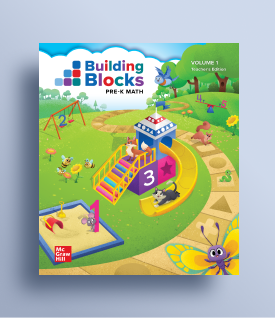











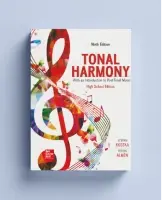
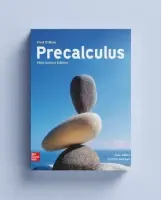

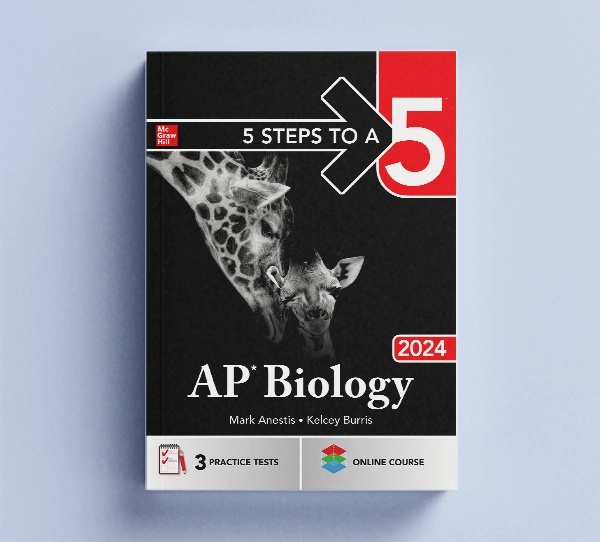
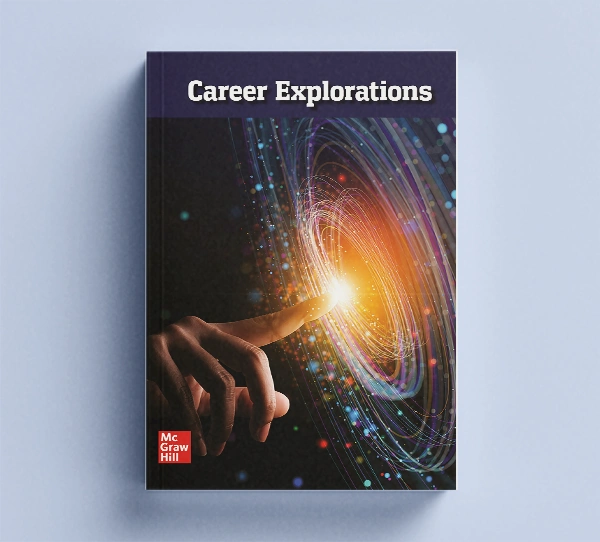
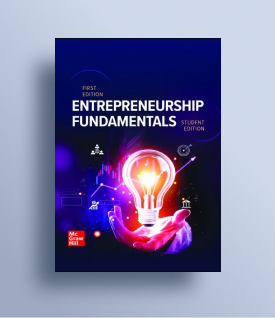






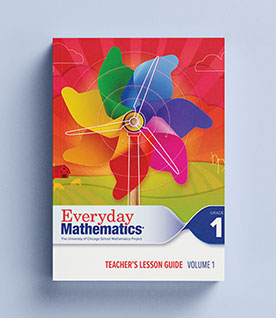




Social Studies
View all Social Studies Programs
IMPACT (K–5)
Actively Learn (3–12)
New Social Studies (6–12)
Networks (6–12)